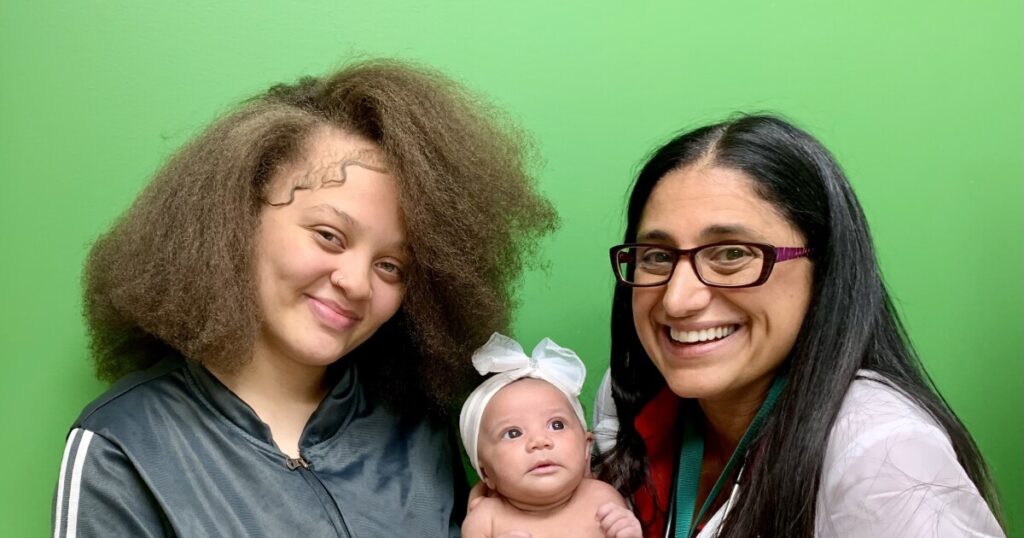Michigan’s Rx Kids Program Eyes Expansion Amidst Legislative Support
In Michigan, a pioneering initiative could soon see an expansion, as the state Legislature considers a bill to bolster Rx Kids, a program designed to provide financial support to pregnant individuals and new mothers. The proposal is set to be reviewed by the state Senate Housing and Human Services Committee at noon on Tuesday.
Headed by Dr. Mona Hanna, associate dean of public health at Michigan State University’s College of Human Medicine, Rx Kids has been pivotal in facilitating access to essential health care for families in need. “A massive improvement in prenatal care utilization, meaning families are going to prenatal care earlier, they’re going more often. And because of that, we’re actually seeing improvements in even birth outcomes, improvements in things like birth weight, and a decrease in prematurity and less NICU admissions,” Hanna said.
The program is currently operational in low-income areas such as Flint, Clare County, and the Eastern Upper Peninsula. Beneficiaries receive $1,500 during pregnancy and $500 monthly in the early months of a child’s life, with no restrictions or income limitations.
Dr. Hanna emphasized the program’s efficiency and low administrative costs. “We have built a plug-and-play program. When we launched Rx Kids in Flint in January 2024, we were just figuring out how to do it. It was never going to be just about Flint, it was about building a model that we could quickly scale and replicate, and that’s exactly what we have done,” she mentioned.
Funding for Rx Kids is sourced from both public and private sectors, attracting bipartisan support, including from advocates of free-market principles as noted by The New York Times.
Despite some skepticism raised by a National Bureau of Economic Research study concerning the efficacy of direct cash assistance, Dr. Hanna attributes potential discrepancies to the effects of the COVID-19 pandemic. She points out that factors like inflation and pandemic-related stimulus payments could have influenced outcomes. “That massive global evidence shows significant impacts when it comes to family financial stability, health impacts, child development, and the list goes on. And the evidence is strongest when you give families with the youngest children cash,” she stated, highlighting the success of similar programs internationally.
—
Read More Michigan News









